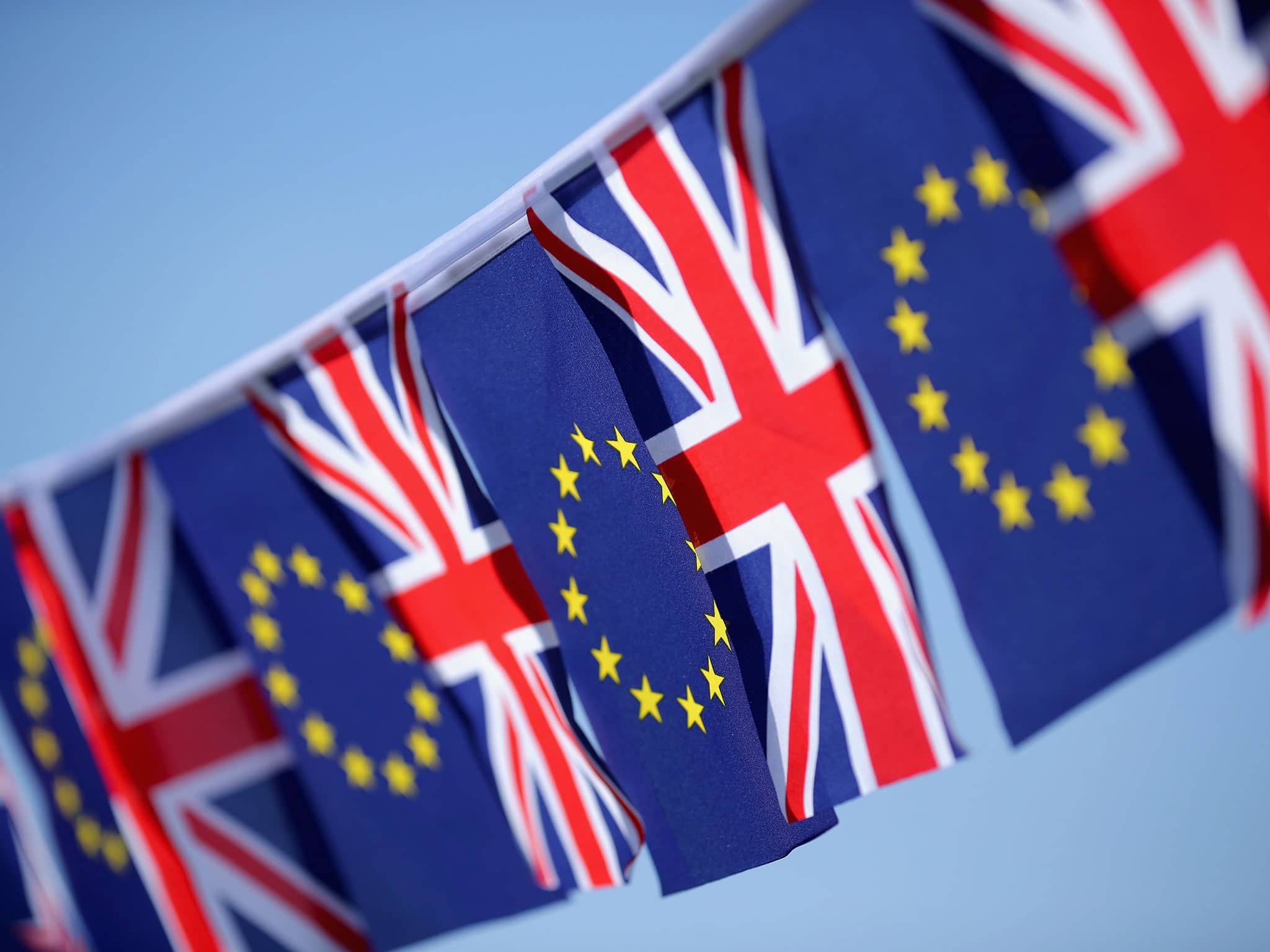
The IP Challenges caused by BREXIT
Abstract: The UK has voted to leave the EU – what are the consequences for IP Rights?
The surprise came on the morning of Friday, the 24th of June: Voters in the United Kingdom voted to leave the European Union. Apart from all of the other economic and political issues, this event has created a chorus of concerns among IP stakeholders.
As a member of the European Union, The United Kingdom is a signatory of Conventions, Treaties, Regulation, Directives, Protocols and Recommendations which shape the IP legislation of the all member states. The main concerns are related to the validity of IP rights in The UK.
As for the European Patents valid in The UK, there will be no problem since The European Patent Convention system (EPC) is independent of the European Union. This Convention was not created by The European Union and includes many more countries (currently including 38 member states). So, even if UK leaves The European Union, they will still be a member of EPC and hence it may continue to be designated in the European Patent Application and all the pending and granted EPC patents will remain valid in The UK.
However, the case of the Unitary Patent with Unitary Effect is quite different. At present, the uncertainty around the enforcement of the Unitary Patent Court is considerable and we believe that there are great chances that the entire implementation of the UPC system has to be delayed.
There is also apprehension over the validity of the European Union Trademarks and Community Designs. As it is commonly known, through the European Intellectual Property Office, one is able to file a trademark or a design which will automatically cover all 28 European Union member states without any need for national validations. It is likely that community rights, even unregistered community designs, will no longer be valid in the UK. What will it happen to EU IP rights in the UK? There are many possible solutions and one would be to provide an extension of the current registered and pending trademarks and designs applications from the EU to the UK within a certain transitional period.
At last, as for copyright protection, the Brexit will not have particular consequences, as copyright is not entirely harmonized in the EU. Only the communitarian legal aspects in copyright law achieved will might be lost for the UK.
Regardless of the solution to be chosen, BREXIT will not be an easy process and IP rights will be affected. Given the minimum two years period before which BREXIT will be implemented (if article 50 is invoked), all the matters are still unclear. In this sense, for the time being, it is important for IP owners to be aware of any changes and act preventively, thus preserving their rights.
Currency Info
Final charges will be made in USD.
Currency conversion is for information purposes only and accuracy is not guaranteed. Overseas customers are encouraged to contact their bank or credit card provider for details on any additional fees these institutions may include for currency conversion.
- USD 312.389 NGN
Territory List
There are no results for your search.
- Africa
- Algeria
- Angola
- Benin
- Botswana
- Burkina Faso
- Burundi
- Cameroon
- Cape Verde
- Central African Republic
- Chad
- Comoros
- Congo (Republic)
- Côte d'Ivoire
- Democratic Republic of the Congo
- Djibouti
- Egypt
- Equatorial Guinea
- Eritrea
- Eswatini (Swaziland)
- Ethiopia
- Gabon
- Gambia
- Ghana
- Guinea
- Guinea-Bissau
- Kenya
- Lesotho
- Liberia
- Libya
- Madagascar
- Malawi
- Mali
- Mauritania
- Mauritius
- Mayotte
- Morocco
- Mozambique
- Namibia
- Niger
- Nigeria
- Réunion
- Rwanda
- Sao Tome and Principe
- Senegal
- Seychelles
- Sierra Leone
- Somalia
- South Africa
- South Sudan
- Sudan
- Tanzania (mainland)
- Togo
- Tunisia
- Uganda
- Western Sahara
- Zambia
- Zanzibar
- Zimbabwe
- Africa (OAPI)
- Africa (ARIPO)
- Other
- East Timor
- Macao
- Maldives
- Portugal
- European Patent (EPO)
- European Union Trademark (EUTM)
- International Trademark (Madrid System)
- Patent Cooperation Treaty (PCT)




